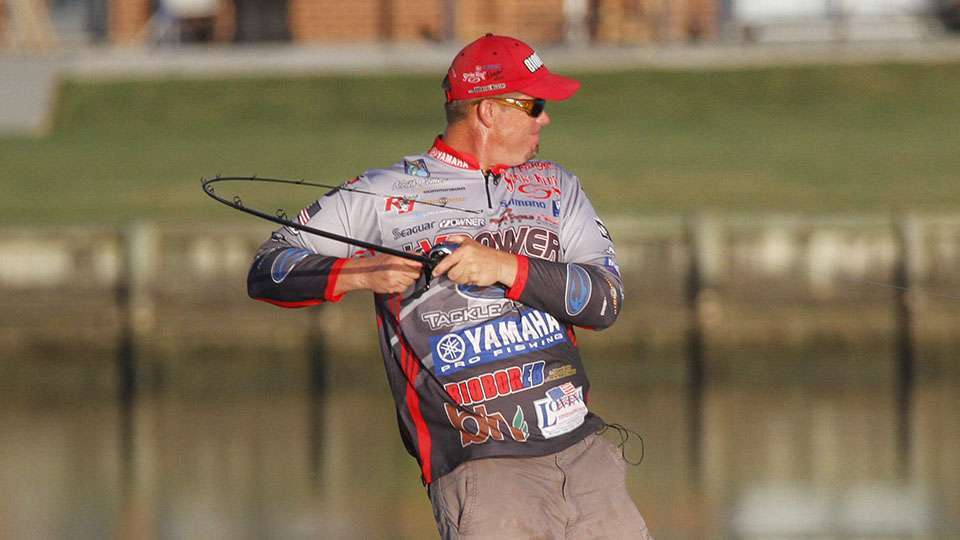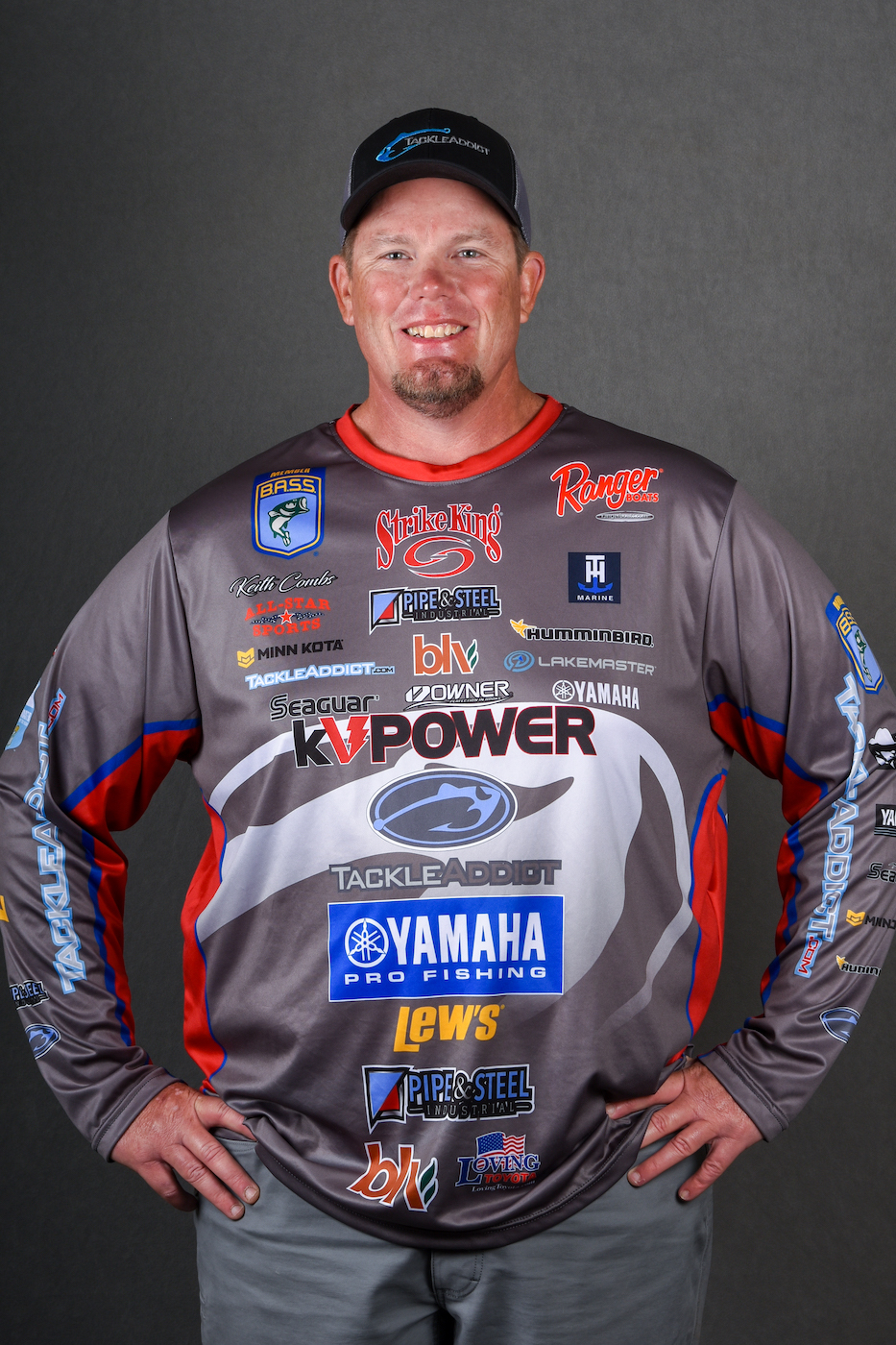
The old-timers always told us that “You should never leave fish to find fish,” but like many old sayings, that one doesn’t tell the whole truth. Whether you’re fishing for fun in a local tournament or at the Elite Series level there are times when you need to change directions, even when fish are biting.
It’s one of the hardest things to learn. Even pros who’ve won an Angler of the Year title or the Bassmaster Classic still struggle with knowing when to pull the plug. At this level we’re all good at finding fish – the anglers who consistently excel are the ones who make the right decisions on tournament day.
There are several factors you need to take into consideration when figuring out whether to stay put or move around. The first is to figure out your goal for the day. That dictates everything. As I get ready for a tournament, I need to figure out what kind of weight it will take to win, what kind of weight it’ll take to make a Top 12 and what I’ll need just to get paid. That often makes your decision for you, because if you know you need 18 pounds a day to get a check, staying on a spot with an endless supply of 2-pounders is going to land you in about 96th place. If you don’t leave, you’re toast.
The next thing to consider is what happens if you leave. Will you be able to get back on your spot, or will there be 20 other boats camped there, preventing you from re-establishing your presence? If you know that it’s likely to turn back on, but you’re afraid of additional angling pressure, sometimes it makes sense to wait out the slow periods.
That’s why during practice if I start getting bit pretty regularly on a particular place, I try to take in everything about the prevailing conditions at that time. What are the air and water temperatures? What is the wind strength and direction? If I’m on a tidal river, what is the tidal stage, and if I’m on a TVA lake, are they pulling current? You want to try to be on those areas again when those same conditions match up.
If you get on a bad rotation, it can destroy your chances of doing well. When the Bassmaster Elite Series visited Toledo Bend in June of 2012, I was very excited to get out and chase the offshore bite. There were a lot of areas that I wanted to check, and I cycled through about 20 of them by 10 a.m. with not much to show for it. In practice, most of my bites were coming during the middle of the day, so I wasn’t terribly worried. I knew it was going to get better. Unfortunately, by the time I worked back through my rotation, all of my best spots were covered up by other competitors. I had a bad day while four other pros weighed in mid-20 pound limits on spots I’d fished earlier. That was a good lesson in what can happen when you leave too early.
On the flip side of that, this past year at Toledo Bend I located a number of quality schools during practice. I wasn’t worried about cashing a check – I was all-in on the winning bite, which I figured would take in the range of 90 to 100 pounds. On tournament day, I hit four different schools that were absolutely loaded with 3-pounders. It was easy to catch as many as you wanted, but 15 pounds a day wasn’t going to get you paid, let alone the win. You could even look at your graph and see that all of the dots were about the same size. It was important to keep moving, and by doing that I was able to find schools of 4-pounders, a major difference.
Again, there’s no science to it, but the more time you spend on the water really focusing on your decision making, I promise you’ll get better at it. I remember a Florida tournament early in my career at FLW when I was in second place after Day 1 and truly felt like I was going to win. We all knew that there was a cold front coming, but the temperature only dropped about 5 degrees. I figured that wasn’t too bad and wouldn’t affect the bass too much. It was Florida, though, and I was dead wrong. I didn’t adjust and only weighed in one fish the second day and plummeted down the leaderboard.
If that tournament happened today, I am sure that I would make better decisions. There are a lot of factors at play, and no matter how experienced you get you’ll still make mistakes, but over the course of a season or a career honing your mental game is what allows you to pile up more checks and fewer regrets.

